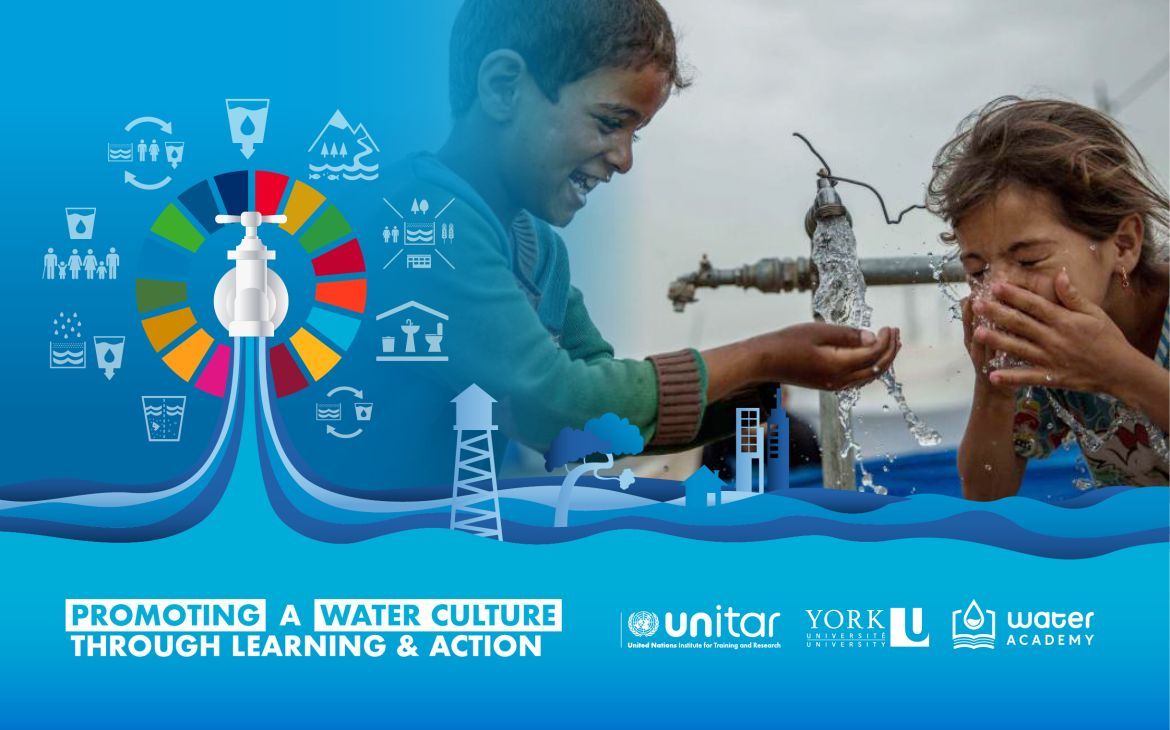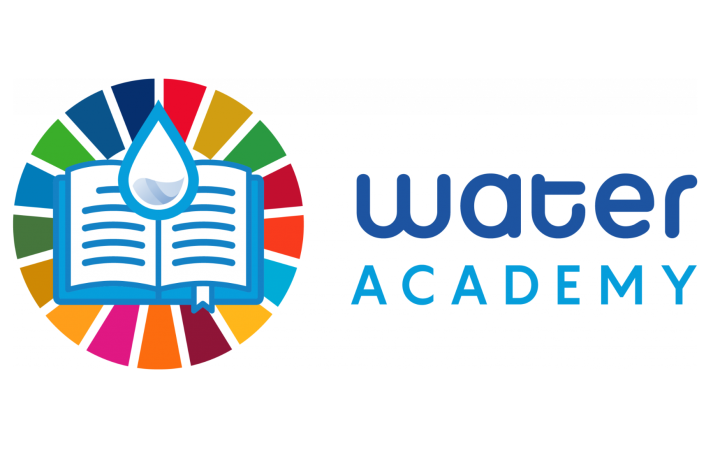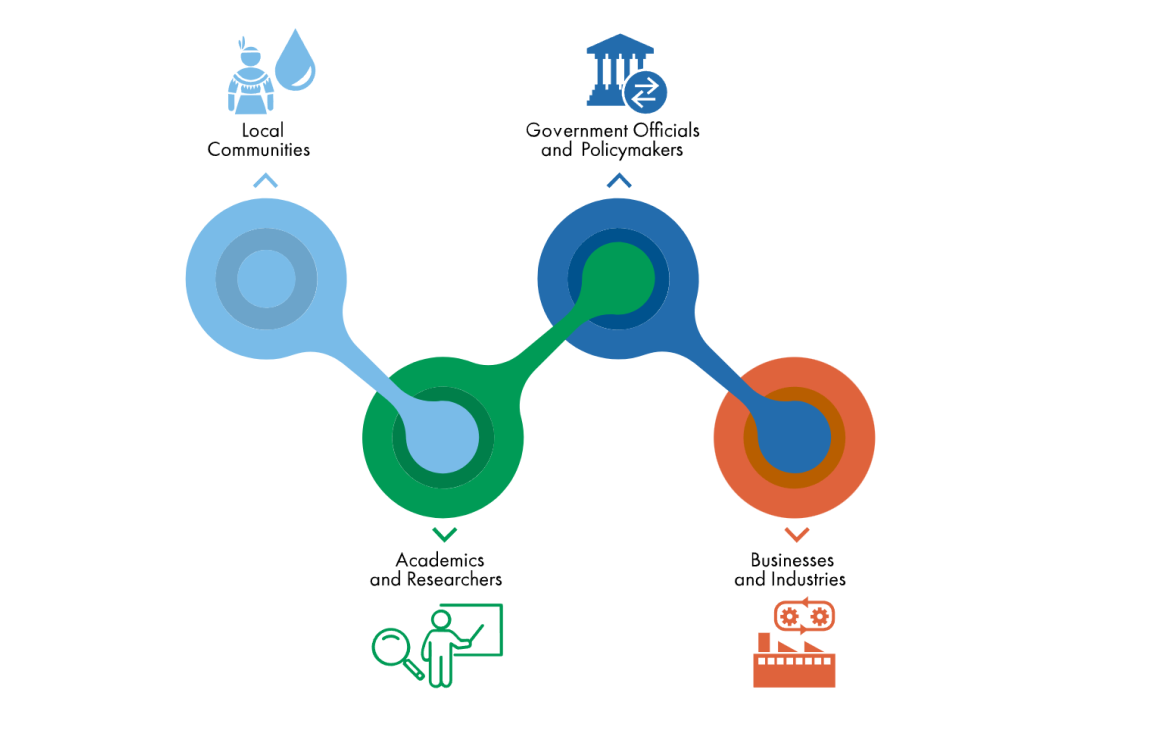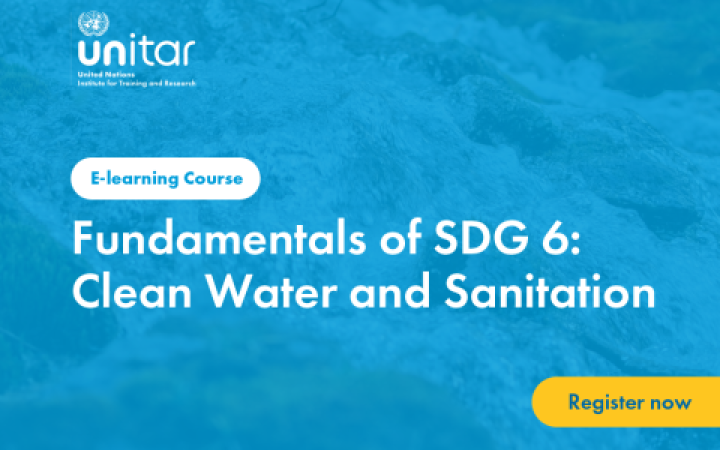MISSION STATEMENT
The UNITAR Global Water Academy (UGWA) empowers learners all over the world with the knowledge and skills to respond to the global water sustainability crisis by providing hybrid training and online courses developed by global leaders in water research, resource management, and policy development; developing scientific and two-eyed water solutions to water sustainability; and by building the capacity and international partnerships necessary to achieve the objectives of UN Sustainable Development Goal 6.
The UGWA'S Vision
The UGWA fosters training and capacity development, empowers community-based networks, weaves traditional knowledge, and co-create innovative sustainable water solutions to ensure equitable access to water for all. Through building community-based networks and co-creating innovative solutions, we aim to further develop a dialogue that contributes to identifying capacity gaps that hinder the effective implementation of SDG 6 targets
What is the UGWA Training Platform?
The UGWA Training Platform aims to build capacities and provide a comprehensive understanding of the challenges and solutions related to water and sanitation on a global scale in alignment with Sustainable Development Goal 6 (SDG 6). The UGWA Training Platform seeks to empower and connect learners with the knowledge and tools to contribute to the achievement of SDG 6 targets, ensuring universal access to safe drinking water and equitable sanitation while addressing water quality, pollution control, water-use efficiency, ecosystem protection, and international cooperation.
The UGWA Six Main Objectives:
- Promote international knowledge transfer and capacity sharing among students, researchers, government, non-governmental organizations, industry, knowledge keepers, and community members.
- Offer a Hybrid way of learning that incorporates in-person and online activities that will enable students to engage and collaborate across borders and disciplines.
- Develop science-based and two-eyed water solutions that inform water policies and programs.
- Measure and monitor the impact and promote replicability of innovative and proven water management practices.
- Facilitate conversations and partnerships between researchers, government, non-governmental organizations, industry, and community members to enhance understanding of water issues.
- Support equitable capacity building in sustainable water management, especially in distressed areas, for Indigenous communities and marginalized/ equity-deserving groups.
ONLINE COURSES
- Foundations of SDG 6: Clean Water and Sanitation
- Location: Online
- Date: 22 March 2025 - 31 December 2025
- Duration: 15 Hours
- Registraton link: https://event.unitar.org/full-catalog/foundations-sdg-6-clean-water-and-sanitation
For more information, visit the UNITAR Global Water Academy Website (UGWA): Here





